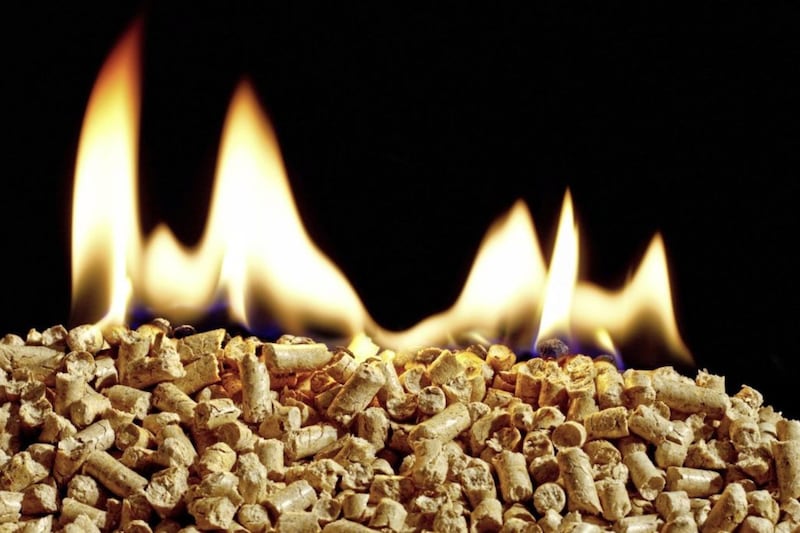MORE than a dozen companies and other bodies warned about the need for cost controls in the Renewable Heat Incentive (RHI) more than a year before its launch.
"Fundamental flaws" in the design of the green energy scheme have left the taxpayer facing a bill of up to £490 million over the next 20 years.
RHI was designed to encourage businesses to switch from fossil fuels to renewable sources like wood pellets.
In July 2011, the Department of Enterprise, Trade and Investment (Deti) wrote to companies and other bodies likely to have an interest in the scheme, asking for views on a detailed development plan.
Documents uncovered by The Irish News show that by October, 13 had expressed concerns relating to 'over-incentivisation'.
Subsidies offered for generating the renewable heat were initially set lower than a similar scheme in Britain.
In response, many companies said the tariff should be raised. However, they also warned against setting the rate too high, as this could lead to people burning fuel simply to make money.
Banbridge-based AgriAD Ltd said it was essential that safeguards were put in place so Deti can "see that the heat use that is being incentivised is actually being utilised properly and that it is not simply a mechanism to claim the incentive".
Biogas Nord also wrote that the only way to ensure the scheme was not abused would be to "introduce rigorous mechanisms from the outset".
When RHI was eventually introduced in November 2012 by then Deti minister Arlene Foster, the subsidy had been raised above the cost of fuel.
Crucially, unlike in Britain, there were also no caps on payments or 'tiering' to ensure spending was controlled over time.
This led to a 'burn as you earn' scenario, with reports of some farmers heating empty sheds or running boilers 24 hours a day to generate money.
Controls were only put in place in November 2015, by which time there had been a huge spike in applications.
Other bodies who raised concerns in September 2011 included Power NI, Manufacturing NI, Solmatix Renewables and Creagh Concrete.
What Arlene Foster told the Irish News about RHI:
Energy firm Airtricity also advised Deti there should be caps on payments and that metering be closely monitored to ensure "perverse incentives to over-generate can be avoided".
The Ulster Farmers' Union said tariff levels should only be guaranteed "until such time that a project starts making a viable return".
"Anything prolonged into the life of a project could create an uncompetitive sector and, to quote DETI, one which is 'over-incentivised'."
Mrs Foster last week described the failure to cap RHI subsidies as the "deepest political regret" of her time as an MLA but rejected calls to step aside as First Minister during an independent investigation.








